Are you always playing the role of a rescuer in relationships?
Willing to help others and motivate yourself to see the good in others cannot be a wrong thing? Right? But this compassionate gesture can be harmful to their welfare when others feel that they can manipulate you, especially to perform the role of a rescuer in relationships. Because you tend to gravitate towards helping your partner out, in whatever situation to the extent of making excuses for their toxic behavior.
If you’re an empathetic person, more often than not, you see the good in people. Although you’ve been burned before, you’re all too willing to put the past behind you because you think that people will either change or be different than the last relationship you were in.
While this is a good perspective to some extent, what often happens is that you end up playing the rescuer in relationships. Rather than leaving your partner to fend for himself/herself, you swoop in. You are the savior, the caretaker, the fixer.
You are empathetic, yes, but to a fault sometimes.
You don’t have to live this way, though. If you recognize the signs early, you can avoid becoming the one that’s doing all the work. Instead, you can fall for someone who’s willing to meet you halfway and be the one by your side, rather than the one you have to carry.
Read: The White Knight Syndrome: Understanding and Overcoming It
Here are 5 signs you’ll end up playing the rescuer in relationships (and how to stop this before it even starts):
1. You’re All Too Quick To Say ‘Yes’ To Any Request.
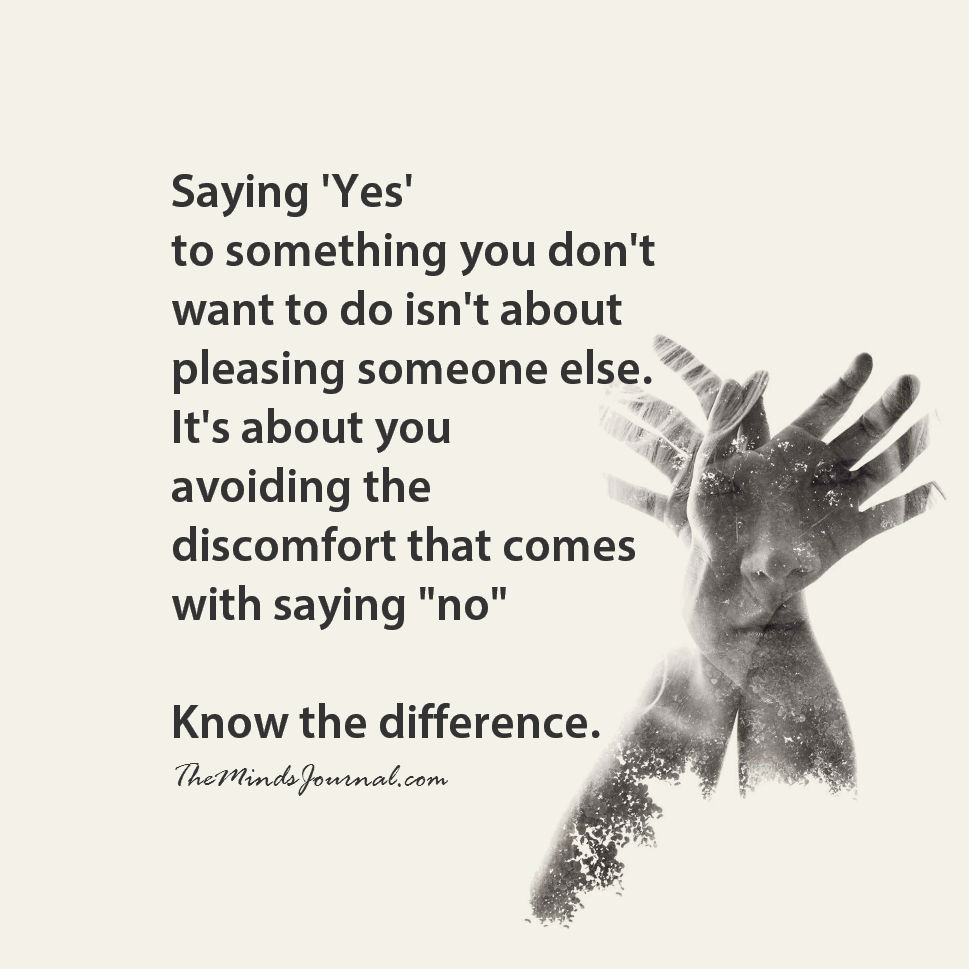
One of the main reasons that you are a rescuer in relationships is that you have a ‘yes’ problem. Whenever someone asks you to do something, or something falls into your lap you jump at the opportunity.
Rather than weighing out if you even have the capacity to complete the task, or think through whether or not it’s feasible with your time and schedule, you’re already committing. And this causes people to rely on you more than they should.
2. You Haven’t Created Clear Boundaries.
You have a big heart, sometimes too big in the fact that you’ll sacrifice yourself to help someone out. What you’re often lacking in your relationships are boundaries. This goes beyond saying ‘no’ to things you don’t agree with—it’s about having limits in place for what you can and can’t handle, or what you can and can’t do.
Boundaries aren’t wrong. In fact, they’re healthy. And if you recognize that you haven’t really set clear ones, or are pushing the line to put someone else’s needs first, it’s a clear sign you’ll end up being the one carrying the weight.
3. You Tend To Be Wishy-Washy About Your Commitments, Beliefs, Or Perspectives.
If you’re not set on what you think, believe, and want to do, you’re going to end up changing your mind. While it’s not necessarily bad to change your mind or be persuaded to think in a new way, it does become healthy if you’re losing yourself in the process.
You’ll end up becoming the rescuer in your relationships if you’re not clear about what you want or believe. Since you won’t establish that (for others and even more importantly, for yourself) you’ll lose yourself completely in the connection.
4. You Like To Take Control Of The Situation, Even When It’s Not Yours To Own.
A sure sign you’ll end up playing the rescuer in your relationships is when you’re always the one to take control. When a situation falls apart, you’re the first person to step in. when something doesn’t go right, you’re the one that puts it all on your shoulders.
This not only leaves you feeling empty and exhausted, but teaches others that they don’t have to take responsibility for what they do—you will.
Read: Are You A Caregiver or Codependent Caretaker?
5. You’ve Found Yourself Saying, “I Can Do It,” Or “I’ve Got This,” Rather Than Properly Delegating The Load.
Delegating is definitely not your strong suit.
You’d rather do everything yourself than rely on someone else. But this makes people lose their sense of drive and the load all falls on you—a sure sign you’ll end up being the fixer when everything falls apart.
And Here’s How To Avoid Becoming The ‘Rescuer’:
If you don’t want to end up being the savior, it’s all about setting your standards from the start. Communicate your wants, needs, and ideas before fully committing to a relationship. Be transparent about what’s important to you and make sure that the person you fall for is capable of carrying his or her own weight.
While you don’t have to hold people at arm’s length, you do have to be clear and confident. It’s not wrong to care about people, but you shouldn’t have to save, fix, or rescue them. They are capable of doing that for themselves.
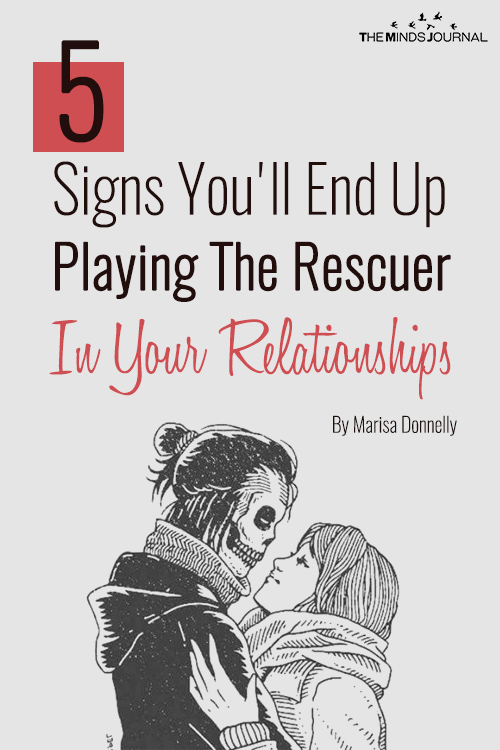
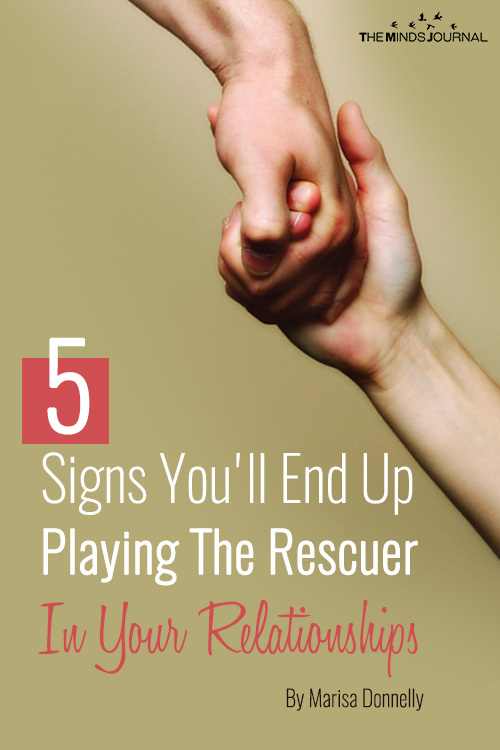
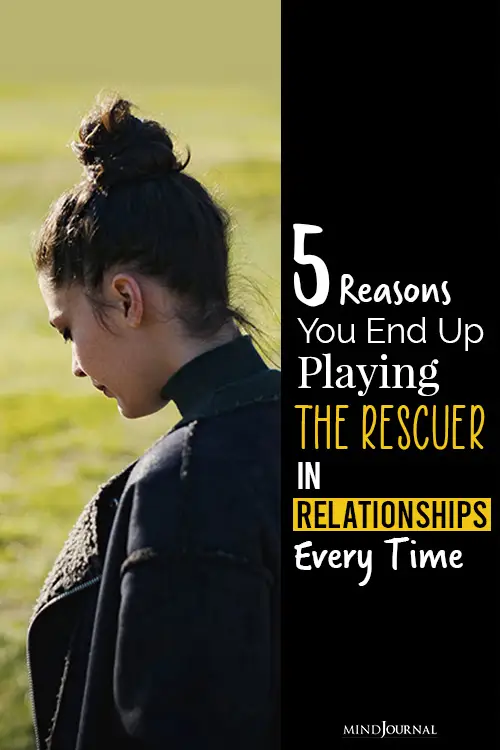
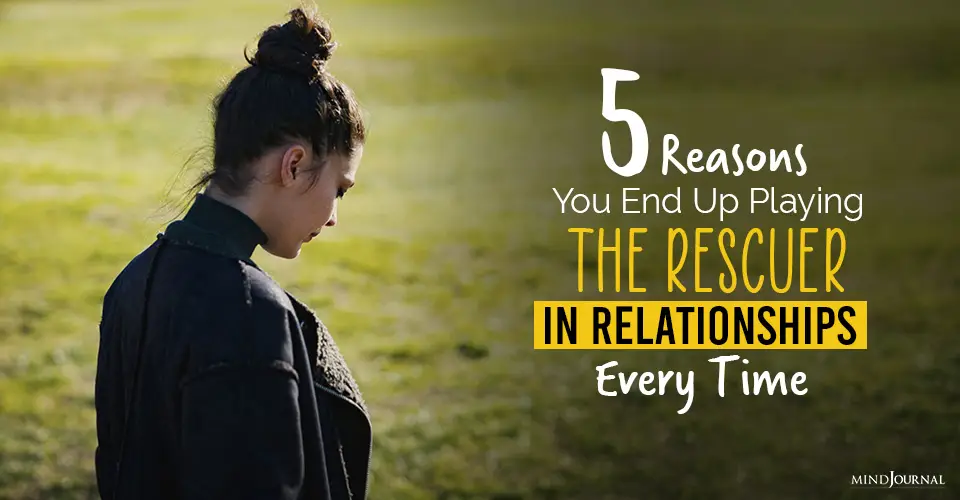







Leave a Reply
You must be logged in to post a comment.